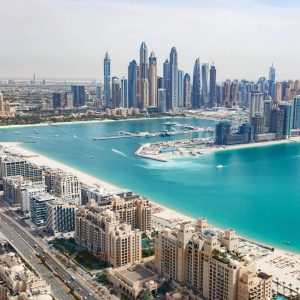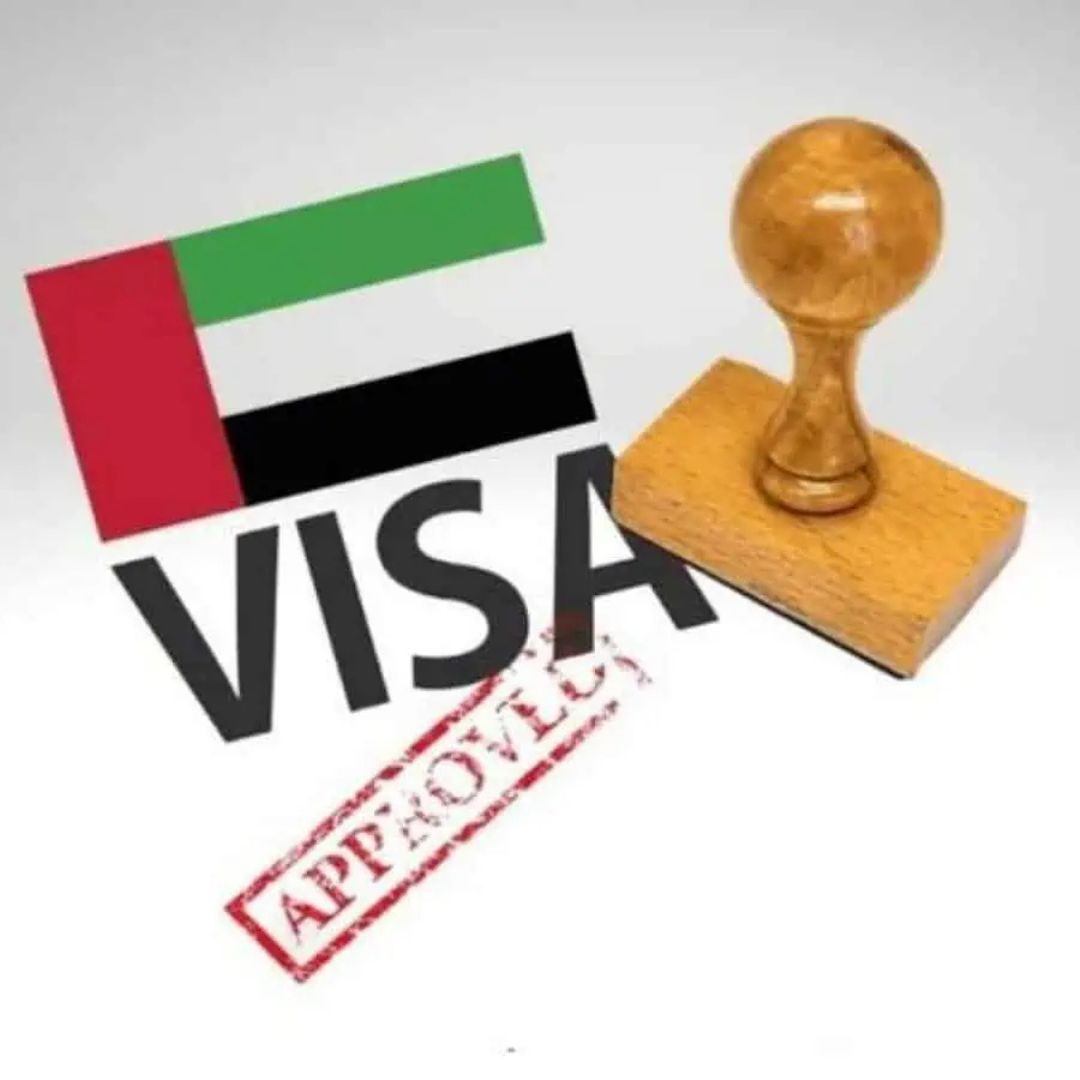
Investor Visa in Dubai: How to Obtain It in 2025
Dubai continues to be one of the most attractive destinations for investors worldwide. With its thriving real estate market, zero income tax, and robust economy, obtaining an investor visa in Dubai has become a priority for many foreigners who want to live, work, or invest in the UAE. Alongside these benefits, living in Dubai offers a world-class lifestyle with modern infrastructure, luxury amenities, and a safe, cosmopolitan environment that makes the city even more appealing for long-term residency.
In this guide, we will explain the steps to obtain an investor visa, explore taxation, rental yield figures, financing options, and highlight the best areas to invest.
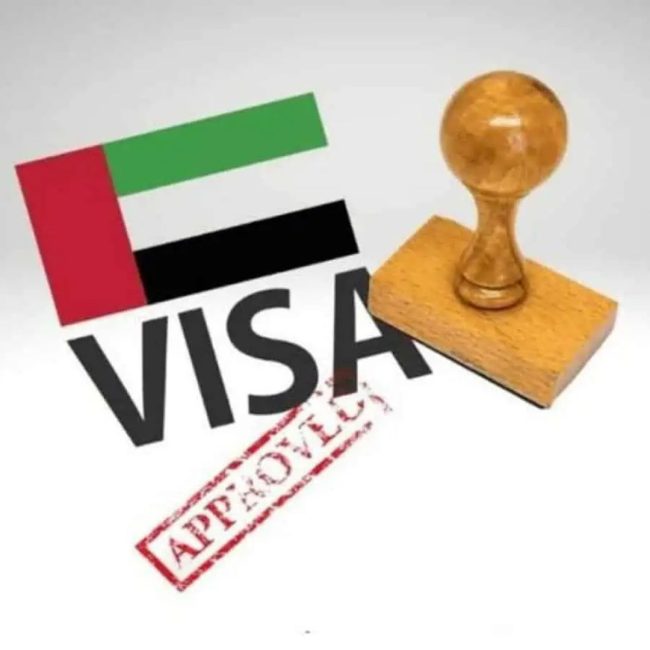
What is an Investor Visa in Dubai?
An investor visa is a residence permit granted to individuals who make a significant investment in Dubai, usually through property, business, or other qualifying avenues. This visa enables foreign nationals to live, work, and conduct business in the UAE legally, including those investing in real estate using cryptocurrency, opening new pathways for international investors.
Benefits of an Investor Visa
- Legal residency in Dubai for up to 3 years, renewable.
- Eligibility to sponsor family members.
- Access to Dubai’s real estate market and financial systems.
- Ability to leverage investment opportunities in a tax-free environment.
Eligibility Criteria for an Investor Visa in Dubai
To qualify for an investor visa, certain conditions must be met:
- Minimum Investment
- For real estate, a property valued at AED 1 million or more qualifies.
- For real estate, a property valued at AED 1 million or more qualifies.
- Property Status
- Only properties located in approved freehold areas or designated investment zones are eligible.
- Only properties located in approved freehold areas or designated investment zones are eligible.
- Clean Background
- Applicants must have no criminal record.
- Applicants must have no criminal record.
- Financial Requirements
- Proof of funds and source of income may be required.
How to Obtain an Investor Visa in Dubai
Choose Your Investment Property
Investing in Dubai real estate is a common route to obtaining an investor visa. Consider these factors:
- Should You Buy Off-Plan in Dubai?
Off-plan properties are purchased before construction is complete, often at lower prices with flexible payment plans. They offer high potential for capital appreciation but carry construction and market risks. - Where Should You Invest in Dubai
Prime areas like Downtown Dubai, Dubai Marina, Business Bay, and Palm Jumeirah provide strong rental demand and capital growth opportunities.
Prepare Required Documents
You will need to submit several documents to apply for an investor visa:
- Passport copy with at least 6 months validity.
- UAE entry stamp or visa (if already in Dubai).
- Title deed or purchase agreement of qualifying property.
- Bank statements proving the source of investment funds.
- Health insurance covering UAE residency.
- Clean criminal record certificate from your home country.
Apply Through the Appropriate Authority
Applications for investor visas are processed by:
- Dubai Land Department (DLD) for real estate investors.
- General Directorate of Residency and Foreigners Affairs (GDRFA) for final visa issuance.
Undergo Medical Screening
All applicants must complete a mandatory medical test, which includes:
- Blood tests.
- Chest X-ray
Receive the Visa and Emirates ID
Once approved, the investor visa is stamped on your passport, and you will receive an Emirates ID. This grants legal residency and enables access to banking, property management, and sponsorship privileges.
Financing Your Property Investment in Dubai
Investing in real estate is often the first step to obtaining an investor visa. Financing your investment can be structured in several ways:
- Bank Mortgages
- Non-resident mortgages are available with a down payment of 25–35%.
- Developer Financing
- Many developers offer installment plans for off-plan purchases.
- Cash Purchase
- Direct investment without financing simplifies the visa application process.
Rental Yield in Dubai: Figures and Tips
Understanding rental yield is crucial when investing for an investor visa. Rental yield represents the annual return as a percentage of property value.
- Average Rental Yields
- Apartments: 5–7%
- Villas: 4–6%
- Apartments: 5–7%
- Tips for Maximizing Returns
- Invest in high-demand locations like Dubai Marina or Downtown Dubai.
- Choose properties with quality finishing to attract premium tenants.
- Regularly maintain your property to reduce vacancy periods.
- Invest in high-demand locations like Dubai Marina or Downtown Dubai.
High rental yields not only generate income but also strengthen your investor visa application by showing financial stability.
Taxation in Dubai: The Expat Guide in 2025
Dubai’s tax environment is one of the most investor-friendly in the world.
- No Income Tax
- Rental income and profits from property sales are tax-free.
- Rental income and profits from property sales are tax-free.
- No Capital Gains Tax
- Selling a property does not incur capital gains taxes.
- Selling a property does not incur capital gains taxes.
- VAT on Certain Services
- A 5% VAT applies to services such as property management or agency fees.
- A 5% VAT applies to services such as property management or agency fees.
The favorable taxation system in Dubai real estate significantly enhances the appeal of investing.
Investing in Dubai Real Estate: Off-Plan or Ready Properties?
Advantages of Buying Off-Plan
- Lower initial costs.
- Flexible payment plans.
- Potential for high capital appreciation.
Advatages of Ready Properties
- Immediate rental income.
- Avoid construction delays.
- Easier financing and insurance options.
Choosing the right type of property depends on your investment strategy and visa requirements.
Where Should You Invest in Dubai?
Selecting the right location can maximize rental yield and ensure your investor visa application is solid.
Top Investment Areas
- Downtown Dubai – Iconic skyscrapers, high rental demand.
- Dubai Marina – Waterfront lifestyle, strong appreciation potential.
- Business Bay – Commercial and residential hub with growing demand.
- Palm Jumeirah – Luxury properties, excellent long-term returns.
- Meydan and Dubai South – Emerging areas for off-plan investments.
Investing in these locations ensures your property meets visa eligibility and long-term financial goals.
Key Takeaways for Obtaining an Investor Visa
- Invest at least AED 1 million in eligible real estate.
- Choose prime locations for higher rental yield.
- Maintain a clean legal and financial record.
- Understand Dubai’s taxation system for real estate.
- Consider off-plan properties carefully for capital appreciation.
- Explore financing options to ease your investment.
- Ensure you complete medical tests and obtain Emirates ID.
Obtaining an investor visa in Dubai opens doors to legal residency, property ownership, and lucrative investment opportunities. By carefully selecting your property, understanding financing options, and leveraging rental yields, you can maximize both your returns and your eligibility for residency.
Dubai’s tax-free environment, flexible real estate market, and diverse investment locations make it a top destination for global investors. Whether you are considering off-plan properties or ready units, the right approach ensures success.
Contact Valorisimo for a tailored consultation and explore the best opportunities in Abu Dhabi real estate market. If you’re ready to explore your investment options in Dubai, check out Opportunities in Dubai and use our Investment Tool to get started with your next real estate venture.
Related Posts
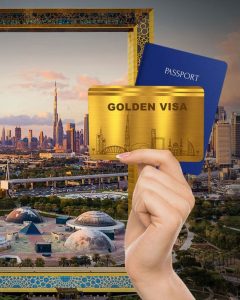
Golden Visa Dubai: Complete Guide for Investors in 2025

UAE Mortgage Guide: 2025.

Service Charges in Dubai & Abu Dhabi 2025.

Spotlight on Dubai’s Most Active Developers in 2025

A Comprehensive Guide to Mortgages in Dubai Real Estate

How Cryptocurrency is Shaping the Future of Real Estate in Dubai
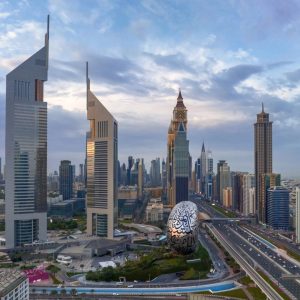
Living in Dubai: Expat Guide 2025

Buying Property in Dubai with Cryptocurrency
